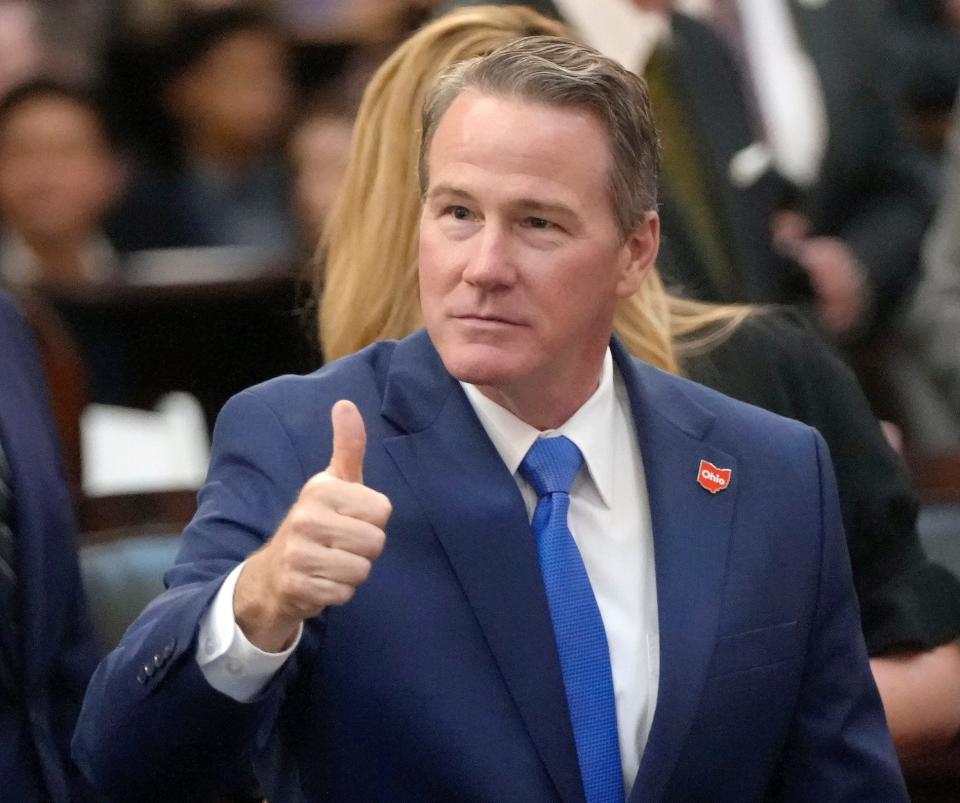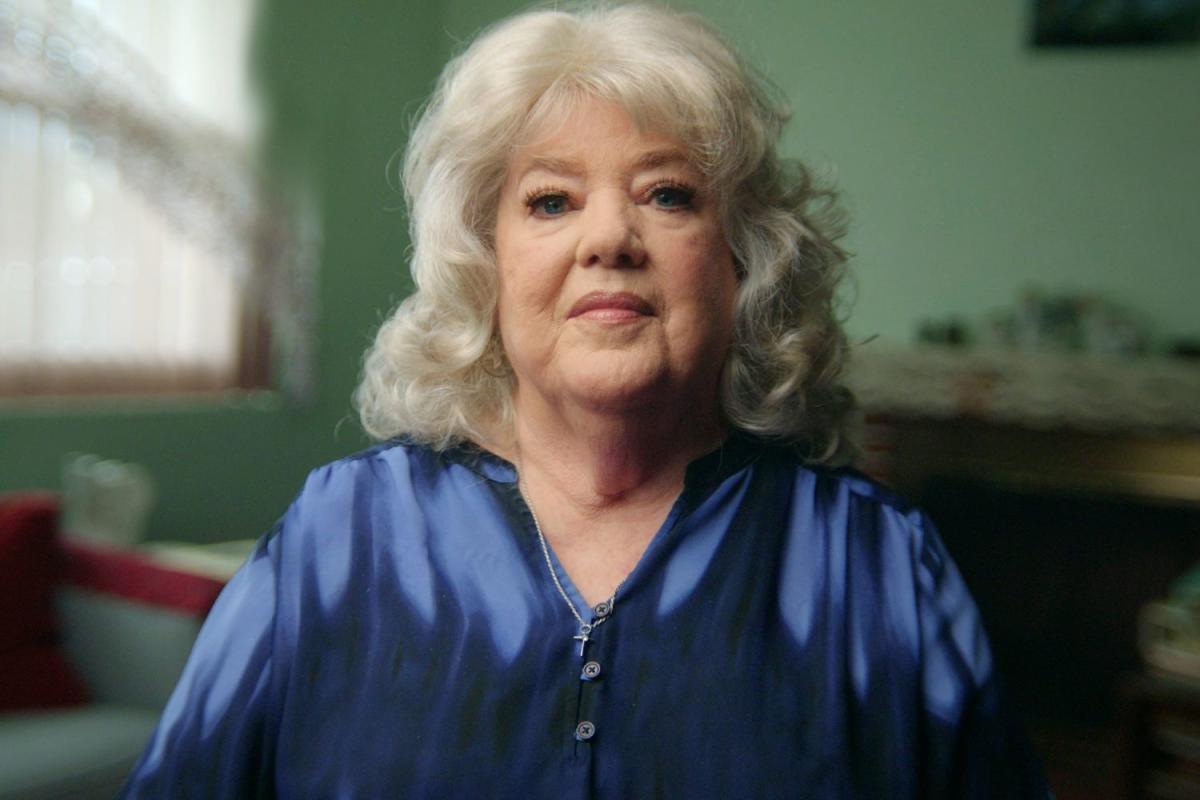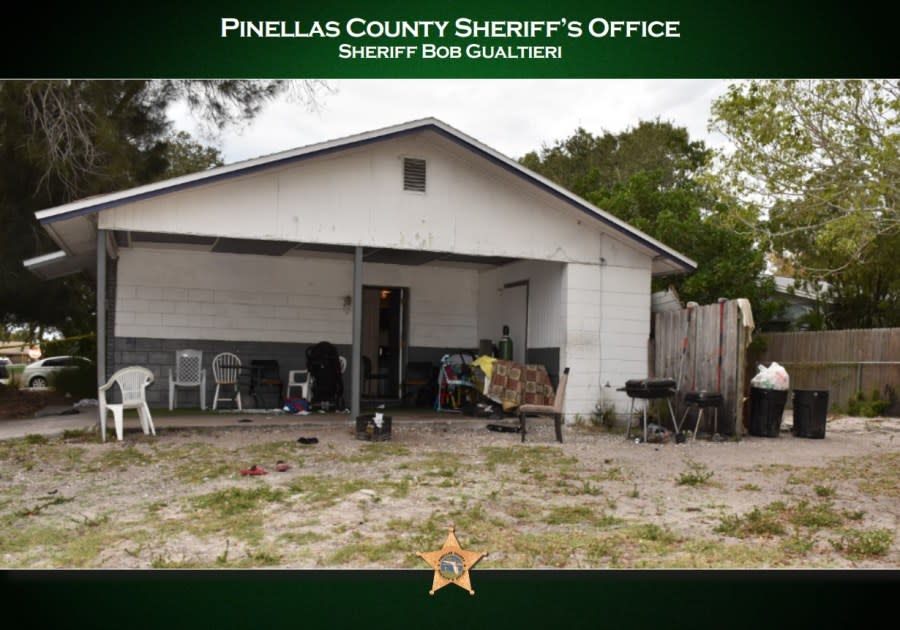Thomas Suddes is a former legislative reporter with The Plain Dealer in Cleveland and writes from Ohio University.
Our thrifty, “conservative” General Assembly, like riders on Shrove Tuesday parade floats, is tossing “Mardi Gras throws” – beads and such – at Statehouse spectators.
The difference is that rather than dispensing trifles, our legislative revelers, as previewed last week, peel off billions of dollars in bond- and tax-financed construction projects to throw to the crowd. And General Assembly members of both parties couldn’t be more proud.
Consider a press release issued by someone sometimes deemed a conservative’s conservative, state Senate President Matt Huffman, a Lima Republican who may become the Ohio House’s speaker in January, ballyhooing the bricks-and-mortar bounty:
“Ohio Senate invests $4.2 billion in construction and maintenance in state capital budget rollout,” its headline read, not forgetting – a second Huffman release announced – that the package would include “more than $11 million for important capital budget projects across [Huffman’s western Ohio] Senate District 12.”
But in fairness, the General Assembly’s every-two-year construction “process” is typically bipartisan.
Tossing you your own money like trinkets
For example, Senate Minority Leader Nickie Antonio, a Lakewood Democrat, while not explicitly endorsing the Senate-introduced blueprint, had this to say: “Investing in local projects large and small is critical for the growth of our state. The capital budget enables us to maintain and improve our infrastructure, support our education system, and create jobs. My only regret is that we couldn’t fund every project application.”
All told, this legislative session’s capital improvements proposal is expected to fund hundreds of millions of dollars of state funded work in central Ohio and Greater Cleveland, neither GOP hotbeds. (In 2020, Cuyahoga and Franklin counties voted for Joseph Biden, not Donald Trump, for president.)
And so between now and month’s end, watch the Statehouse parade as the legislature’s marchers of both parties toss trinkets to the Ohio crowd, but trinkets that cost big money: The crowd’s own money.

How about a dark money ban?
There has been a lot of concern, and rightly so, about the deployment in Ohio politics of so-called “dark money” (campaign donations from unrevealed donors to political committees ostensibly independent of a candidate’s committee). Such funding figured big time in the FirstEnergy/House Bill 6 scandal, a scheme to force Ohio electricity consumers to bail out two money losing nuclear power plants the Akron utility then owned.
What was the HB6 scandal? Ohio AG announces indictments for ex-FirstEnergy execs, Randazzo in House Bill 6 scandal
What’s lost in the discussion is the fact that the General Assembly could ban dark money in Ohio politics if it wanted to.
And in 2010, with Republicans running the state Senate and Democrats led by Greater Cleveland Armond Budish running the Ohio House, the legislature almost did ban (or at least severely limit) dark money in Ohio via unanimously Senate-passed Senate Bill 240.

Husted dark money ride
The ban’s sponsor: Then-state Sen. Jon Husted, a Kettering Republican now of Upper Arlington, and lieutenant governor to Republican Gov. Mike DeWine, of Greene County’s Cedarville.
Despite that bipartisan 2010 state Senate vote to ban dark money in Ohio campaigns, the Ohio House, then run 53-46 by Democrats, and with Democrat Ted Strickland in the governor’s office, the House failed to act on the dark-money ban – one of the greatest lost opportunities in recent Ohio politics.
In further irony, both DeWine and Husted’s campaigns have benefited from campaign spending by dark money groups.
DeWine’s address to reporters: ‘Chuck. Can u call me?’ Mike DeWine texted to FirstEnergy CEO, looking for campaign help
The governor can’t run for re-election in 2026 because Ohio bars anyone from serving more than two consecutive terms in that office. But Husted can; the former Ohio Secretary of State and house speaker, is gearing up to run for the job that year, to succeed DeWine.
It would be a political plus for Husted, and a legacy plus for DeWine, if either of them, preferably both, persuaded the General Assembly to ban dark money in Ohio campaigns.
True, that would be a politically tough sell with our mulish legislature and the political insiders that manipulate it for private advantage – helped in significant part by dark money campaign contributions.
But recent Republican hysterics over campaign donations from foreigners were a distraction from the real peril to democracy in Ohio: Dark money. It stacks the deck against Ohioans. And that has to stop.
Thomas Suddes is a former legislative reporter with The Plain Dealer in Cleveland and writes from Ohio University.
This article originally appeared on The Columbus Dispatch: Ohio Republicans giving pass to real threat to democracy: dark money
Signup bonus from





